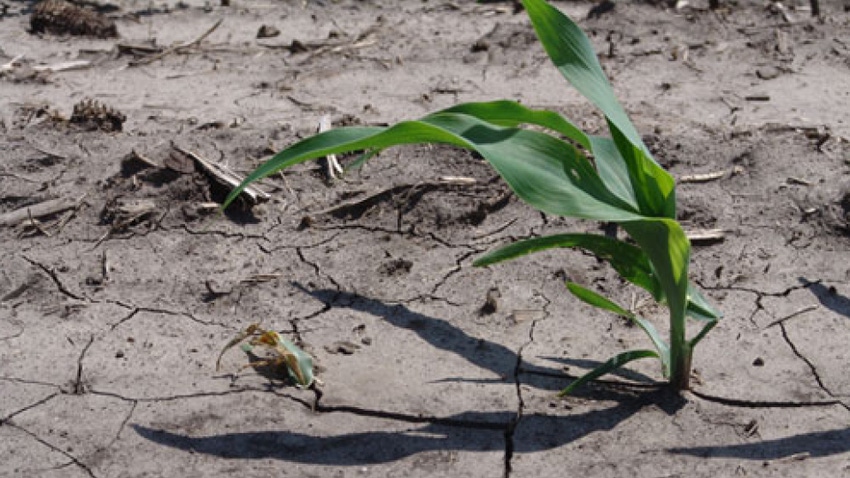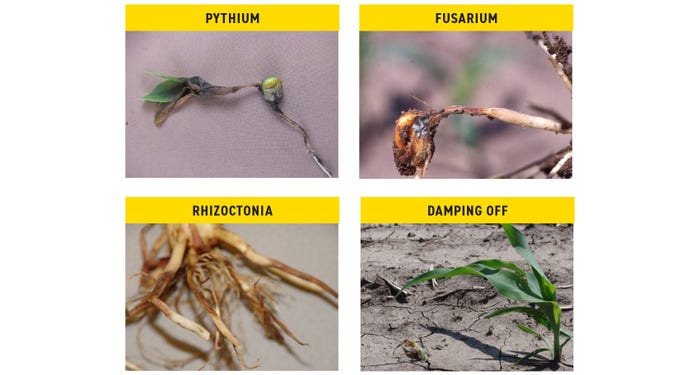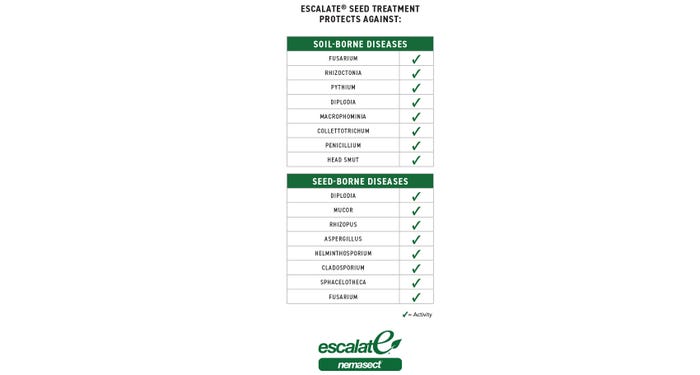April 1, 2024

With a new season upon us, it will soon be time to start assessing corn stands. In a perfect world, we would have uniform, perfect stands in every field, every year.
However, the reality is there are times when we are faced with adverse conditions that could result in stand establishment issues when we look at our corn stands from mid-April to mid-June. Less-than-ideal environmental conditions or pests could impact seedling survival or the quick emergence that we are hopeful for. There are also a handful of seedling diseases caused by soil-borne organisms like Pythium, Fusarium, and Rhizoctonia that will cause delayed emergence or seed rotting/decay.
Planting conditions and conditions shortly after planting are important to keep in mind as we begin to consider what is a favorable environment for these diseases to take place. With most seedling diseases, cool and wet soil conditions pose the highest risk.
A few signs to look for when determining if a stand is affected would be skips between plants that did not emerge, above-ground stunting or damping off, or a field with a poor/uneven stand. To determine if it was a disease that affected emergence, we will need to break out our shovels and investigate the seedlings or plants below ground to see if disease or insects are present. Some insect pests, like seed corn maggots and wireworms, can harm the embryo, resulting in failed emergence.
The most common pathogens affecting corn seedlings include Pythium, Fusarium, and Rhizoctonia.
PYTHIUM
Symptoms: Rotted or decayed mesocotyl, pre- or post-emergence death, yellow to brown root system, water-soaked tissue, above-ground stunting
Favorable Environment: High moisture, areas of field that hold more water, such as poorly drained or compacted areas
FUSARIUM
Symptoms: Tan to reddish brown lesions that cause the mesocotyl to decay. Early infection may also lead to stunting, wilting, and crown rot later
Favorable Environment: Stressed plants from cooler temperatures, compacted or wet soils, herbicide injury or stress
RHIZOCTONIA
Symptoms: In young seedlings, reddish-brown lesions form on the mesocotyl and roots. Infection in older plants can cause brace root rot or crown rot and lead to lodging
Favorable Environment: Likes warmer, drier conditions for its development, contrary to most of the other seedling diseases that thrive in wetter, cooler conditions

Photo submitted by Beck's Hybrids
MANAGEMENT
The majority of seedling diseases affect plants when they are already undergoing stress, commonly from low soil temperatures and compacted, poorly drained soils. These diseases survive in the soil for long periods of time. Here are a few management steps you can take to prevent yield loss.
Plant into soil temperatures 50º F or warmer for a less favorable environment for Pythium and Fusarium.
If possible, improve soil drainage to allow for a healthier root system to develop.
Reduce stressors on young plants, such as compaction, planting depth, and crusting.
Protect your seed with a comprehensive seed treatment that contains a fungicide to help protect against these seedling diseases and assist with stand establishment. Beck's Escalate® seed treatment contains a fungicide package that includes multiple modes of action against Pythium, Fusarium, and Rhizoctonia.

If you’ve noted seedling diseases as a problem in the past or are experiencing favorable conditions for seedling diseases this season, consult your trusted advisor for best practices to combat the issues at hand.
Beck's - Farmers At Heart® - revolutionized the customer seed buying experience by remaining true to a foundation built on faith, family, and farming. Founded in 1937, Beck's appreciates the farmers who have helped them become the largest family-owned retail seed company and the third-largest seed brand in the United States. The Beck family is now in its fifth generation of family members who work in the business to honor God and help farmers succeed. The Beck family and team of employees help farmers achieve success from generation to generation through authentic customer experiences, product diversity, seed quality, and performance. With a home office located in Atlanta, Ind., Beck's serves farmers throughout the Midwest and Mid-South. For more information about Beck's Superior Hybrids, Inc., visit www.beckshybrids.com.
You May Also Like





